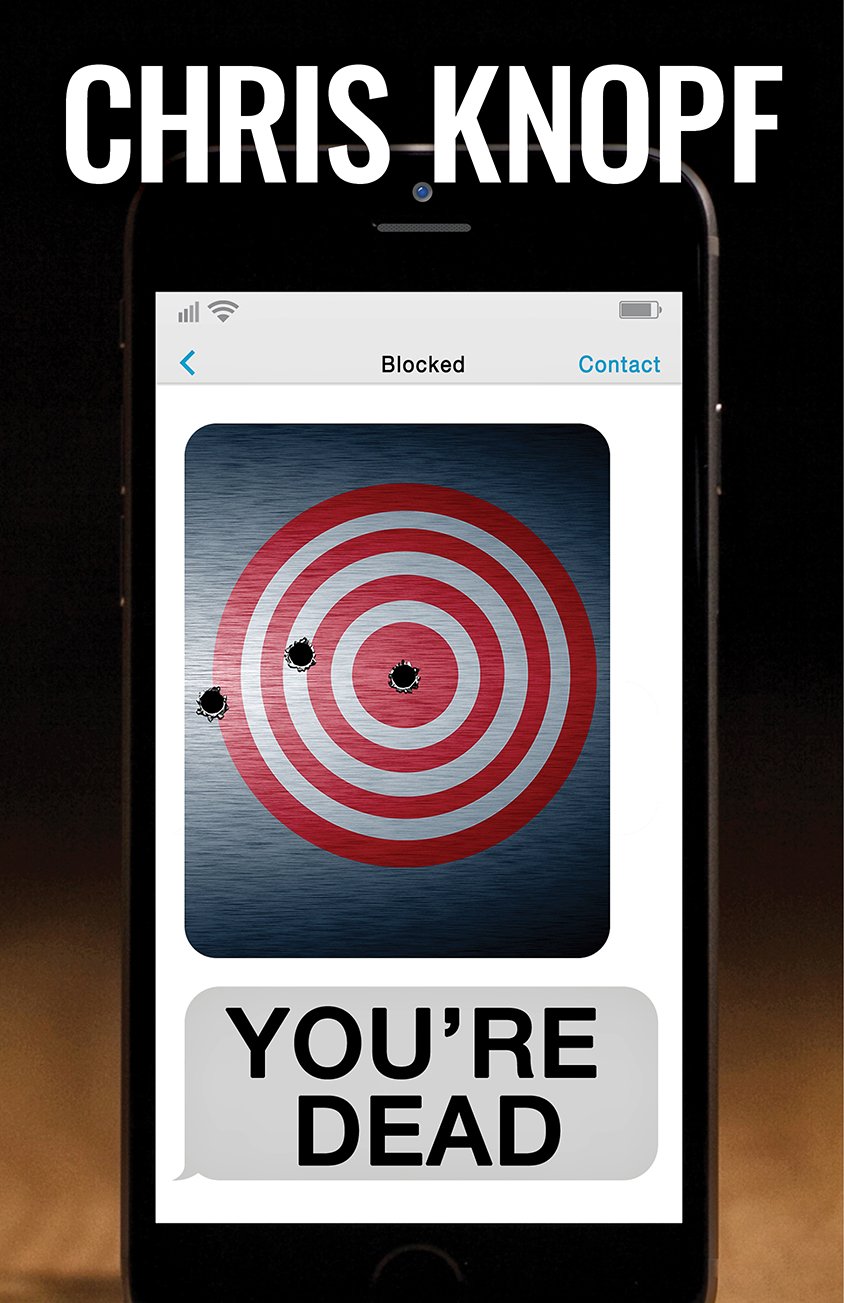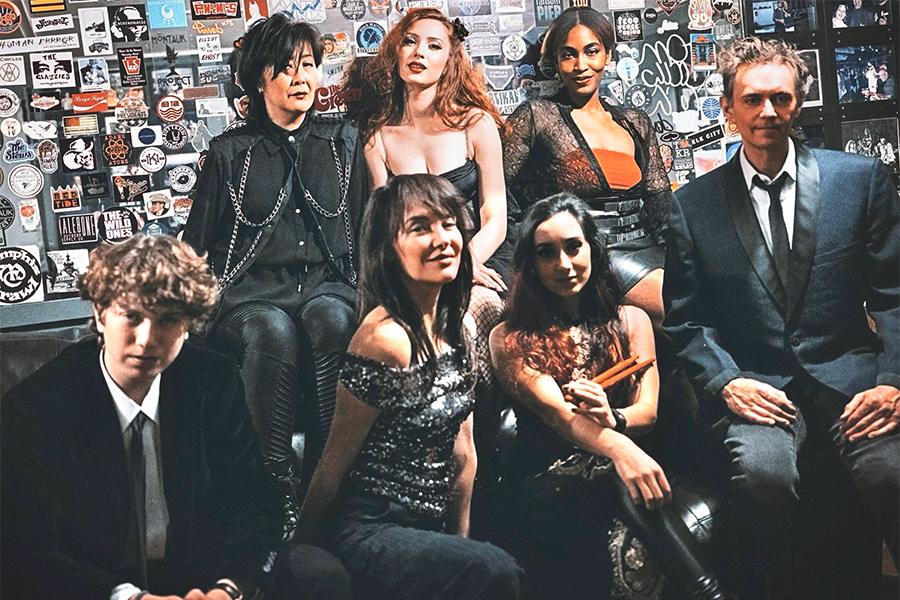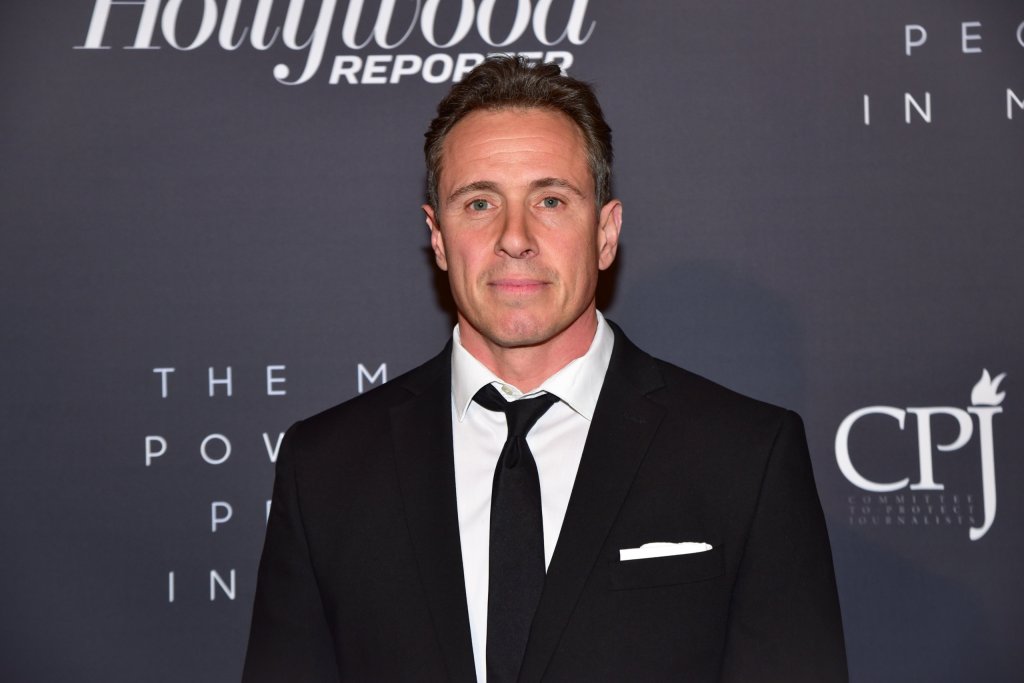You’re Dead


Leave it to award-winning mystery/thriller writer Chris Knopf, now in his 16th novel, to let readers know — with 36 pages to go — who the killer is (though we kinda guess) because with Knopf, whodunnit is never as intriguing as how and why.
Tech savvy folks and those comfortable reading about corporate economics and high finance will especially enjoy the machinations of the baddies who confront Knopf’s new self-appointed detective, Waters (no first name). A company psychologist, Waters is propelled into action in the first chapter, when he returns to his Connecticut condo and finds “the head of Paresh Rajput, the owner of ExciteAble Technologies, a high-tech aerospace firm who was also his friend, “in the center of a small lake of dark red blood” in the bedroom. Though Waters had a good relationship with his former boss, he becomes a chief suspect. And soon the chief victim of whoever it is who is trying to implicate him in the murder.
Knopf, a creative ad man, made his literary reputation years ago with a crime series starring a Hamptons-based ex-engineering firm CEO, the smart, sexy, burned-out Sam Aquillo whom he let romp for eight best-selling novels. Knopf, who went on to burnish his rep with other series and standalones, now introduces the likeable but somewhat sketchy Dr. Waters. Like Aquillo, Waters, a less abrasive protagonist, likes to bench press, play poker, wrestle, drink. Also, like Aquillo, he talks in clipped phrases, showing wit and humor and controlled sarcasm — that is, when he isn’t riffing on subjects that move him — sailing or speculating on the vicissitudes of human behavior. Then, Knopf’s prose grows semantically and syntactically rich in sentence rhythms and metaphors.
Readers don’t learn much about Waters (is there another series brewing?), but see that like Aquillo, Waters attracts women. He’s carrying on a secret affair with the beautiful wife of a dangerous man, and he’s getting clear signals from Paresh’s widow, now heading up the company. He also seems to interest big bruisers who think he’s an easy mark, and he inevitably draws the reluctant admiration of the police who come to appreciate his hypotheses and risks and thus ignore his less than by-the-book way of dealing with threats.
Waters’s job at ExciteAble is to foster camaraderie by managing the company’s group dynamics, which includes “careful screening at the hiring stage” and “filtering out the contentious and unruly.” Only once has his advice not been taken by Paresh, and that will have dire consequences, as it turns out. Much of Waters’s expertise comes from his skill reading “tells” — “involuntary declarations of mood and intent written on people’s faces and movements” — that he exercised at poker tables, until he was asked to leave and was banned from “every casino from Maine to Atlantic City.” But it was a skill that caught Paresh’s notice, who brought him on board. “There’s more to you than meets the eye,’” says Paresh’s widow, coming on to him. “I held her gaze. `Just don’t look too closely.”
Shrewd, analytical, and honest, Waters enjoys mind games, not to prove he’s superior (he is) but because likes to win by dint of intelligence. When he does act to try to set things right, however, he does so with heart as well as head, despite family discord in childhood, when he had more than a mild case of autism.
Flawed but ethical loners who overcome adversity are a Knopf specialty. Waters had an older brother who lovingly looked after him when they were kids, though it’s not clear what happened to the brother (he’s dead) for whom Waters had great affection, and who dispensed wise lessons about life. Side trips to dilate upon secondary characters, such as the brother or a local cop, Noah Shapiro who becomes a trusted ally, or the twin of a brilliant psychopath are a Knopf signature feature. Their stories not only give the crime novels greater depth as fiction but also slow down the action, thus revving up the suspense.
Waters’s brother would tell him that there was a difference between facts and facts embedded in narratives, and that it was the story “with its embellishments and imaginative twists and turns” that made a difference, that gave the story verisimilitude. It’s all about the narrative, he used to say, “the facts are incidental.” That would be a good comment for You’re Dead except that in a Knopf murder mystery the facts embedded in a tale always ensure that readers are informed as well as entertained.



